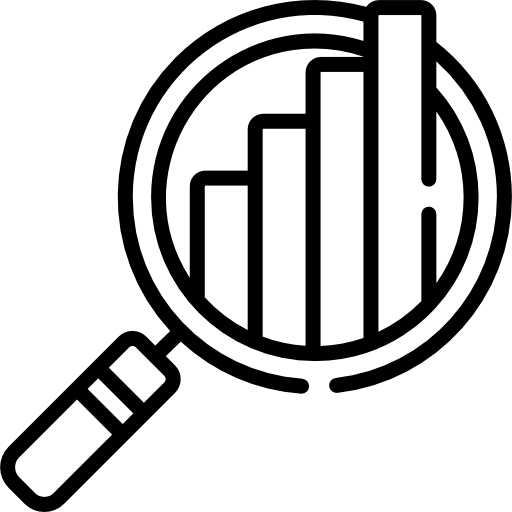Are you interested in learning about how power shapes our societies? Do you enjoy discussing contemporary events?

Political science is the systematic study of governance and society. During your studies, you'll have the flexibility to learn what matters most to you and focus on your specific interests.
The possibilities are endless!
As someone who studied political science and chose a career in education, I gained a wide variety of transferrable skills and knowledge from my degree to prepare me for the future.
Did you know?
Why study political science?
Considering common fields in political science may help you understand if you should choose to study this field.

Comparative politics
Compares political systems in two or more countries and is interested in forming causal relationships between them. Students who are interested in data and statistics might find this field interesting.

International relations
Examines how states interact with each other. Includes an exploration of international organizations such as the United Nations, The African Union, BRICS, and more.

Political theory
Engages with political theories from the past to the present. Explores concepts such as ethics, authority, and the nature of liberty and freedom. This is a reading-heavy field of political science!

Government
This field focuses on public administration, policy making, and political parties — often in the context of the country you are studying in. For example, universities in Canada will offer a Canadian government focused education.

What you learn in a political science degree will depend on the field you gravitate towards. You don't have to pick one from the start, but thinking in terms of fields will help you choose courses and career paths.
Read more about other specializations in political science here.
Did you know?
What skills will you learn from a political science degree?
Critical thinking
You'll exercise your ability to analyze available information to make an informed decision, which will improve your problem-solving, research, and decision-making skills.
Reading and interpreting data
You will get hands-on experience with datasets, graphs, and more to be able to understand and produce statistics.
Analytical writing
You'll produce research papers, grants, infographics, and presentations as part of your degree, which will allow you to present information effectively and efficiently.

What career paths can you follow?

The government & legal sectors
public policy analyst
legislative assistant
lawyer, prosecutor, judge

The private sector
marketing
media and communications
public relations

Academia
research
teaching

Activism
social worker
writer — grants, blogs, reports
This list is not exhaustive! There are many other career options to explore with a political science degree. Read more about potential career paths for political science graduates here.
Quiz
Bri enjoys reading about world events, loves writing, and is interested in a career in activism. She is concerned that a political science degree might be restrictive. Do you think she is a good fit to study political science?
Subscribe for more quick bites of learning delivered to your inbox.
Unsubscribe anytime. No spam. 🙂
How should you prepare for a degree in political science?
Find a program that meets your needs. Research different schools and look into their course offerings to make sure their focus matches your interests.
Make sure you can afford it. Tuition fees differ. Some universities will offer scholarships and grants to support your education. Learn about student assistance programs offered in your state/province/city.
Get informed by reading magazines and newspapers.
Get a head start by reading the essential political theory books. Political theory is challenging! Look into video essays and summaries online to help your learning journey.

Did you know?
How can you succeed in a political science program?
Manage your time well. Use a calendar to mark your assignment due dates, exams, and readings.
Improve your writing. As a first-year student, visit your university's writing center to improve the quality of your research papers.
Be open-minded. Practice active listening and learn from others' experiences. Think before you speak during classroom discussions.
Find opportunities and network. Research co-op programs and internships to gain some work experience before you graduate. Check out this Byte for networking tips geared towards students.

Did you know?
Take Action
As a political science graduate, my interests shifted to education later in life. It happens! I learned so many skills from my degree that I'm able to apply to my current work. Like I said before, the possibilities are endless!
 If you think that political science is the correct way forward for you:
If you think that political science is the correct way forward for you:
Your feedback matters to us.
This Byte helped me better understand the topic.
